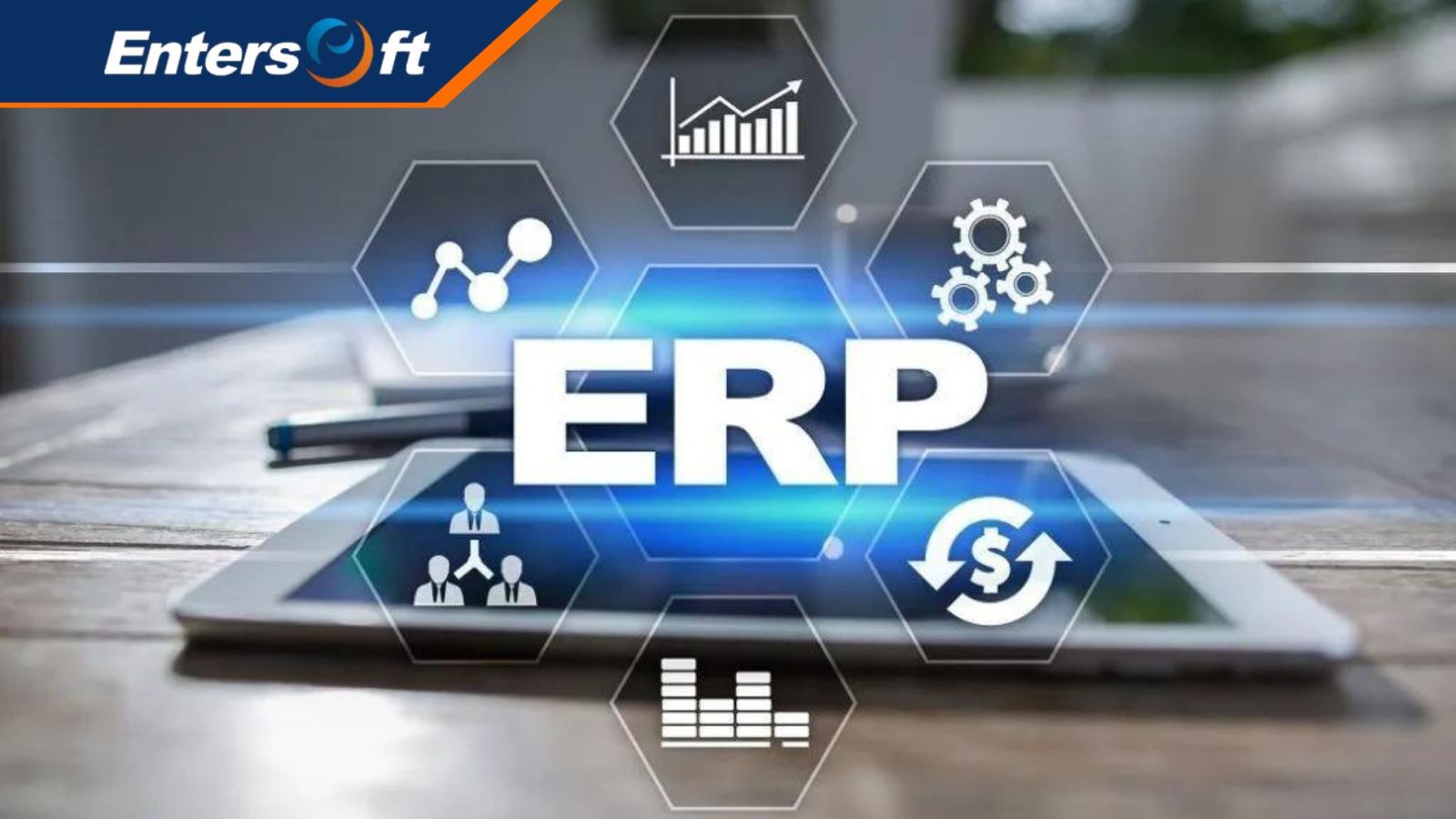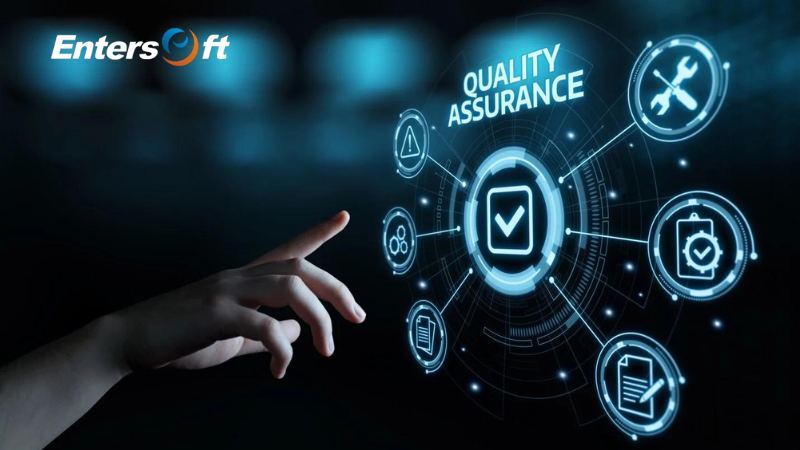What is the ERP system?
ERP stands for Enterprise Resource Planning, loosely translated as Enterprise Resource Planning System. That's the linguistic interpretation, so what is the true essence of ERP? One simple way to understand ERP is that it is an integrated software system that manages all core business processes and necessary data to operate a company, from purchasing, inventory management, quality control, production management, sales, payroll, and personnel, to financial accounting.
However, ERP software systems also undergo continuous development and expansion according to the development of businesses and technology. Therefore, other processes and new technologies such as AI can also be added to make ERP more intelligent and more automated, helping the ERP system become more effective over time.
According to Gartner, a leading global technology consulting and research company, ERP (Enterprise Resource Planning) can provide an integrated set of business applications. ERP tools share a common process and data model, including end-to-end processes in both breadth and depth, such as processes finance, human resources, distribution, manufacturing, services, and supply chain.
According to Ahmed Elragal, in the paper "ERP and Big Data: The Inept Couple," published by ScienceDirect, Elsevier in 2014, ERP integrates an organization's data and processes into a single system and database. This database operates as a center for storing, sharing, and circulating data from within different departments and business functions.


.jpg)





























.jpg)

